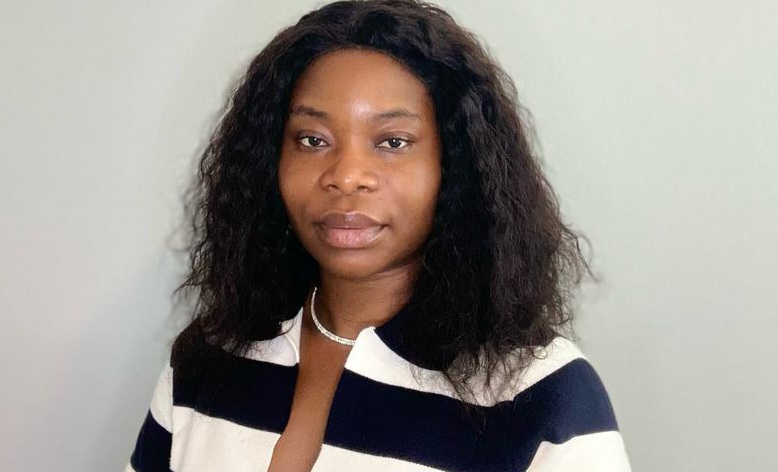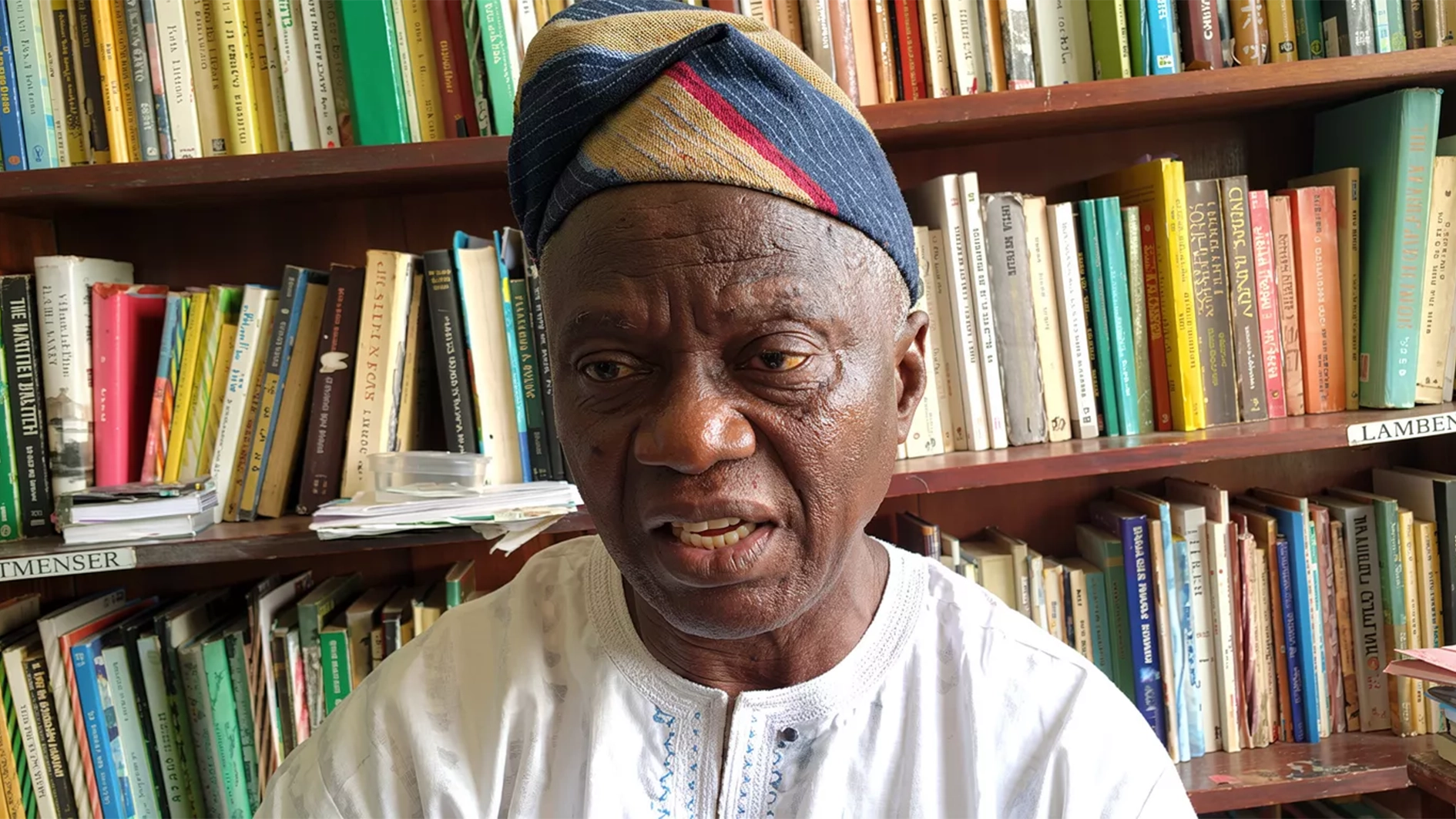 Awe Oluwatosin Ayomide is a leading advocate for harm reduction and substance abuse awareness in Nigeria. Drawing on a strong background in sociology, she has spent years training healthcare workers on language use, mentoring adolescents, and educating families on inclusive approaches to addressing substance use. Her groundbreaking efforts, such as delivering impactful presentations and workshops, have garnered significant recognition, including an official appreciation letter from the Ministry of Social Development, Kwara State, for her work with juveniles at a correctional home in Ilorin. This acknowledgment underscores her commitment to creating pathways for rehabilitation and reintegration while addressing the systemic challenges faced by vulnerable populations.
Awe Oluwatosin Ayomide is a leading advocate for harm reduction and substance abuse awareness in Nigeria. Drawing on a strong background in sociology, she has spent years training healthcare workers on language use, mentoring adolescents, and educating families on inclusive approaches to addressing substance use. Her groundbreaking efforts, such as delivering impactful presentations and workshops, have garnered significant recognition, including an official appreciation letter from the Ministry of Social Development, Kwara State, for her work with juveniles at a correctional home in Ilorin. This acknowledgment underscores her commitment to creating pathways for rehabilitation and reintegration while addressing the systemic challenges faced by vulnerable populations.
Can you tell us more about the focus of your presentation at the juvenile correctional home in Ilorin, Kwara State?
My presentation centered on the critical role advocacy plays in helping juveniles rebuild their sense of identity and community. Many young individuals in correctional homes have experienced significant trauma and marginalization, which often leads to a fractured sense of self and alienation from society. Through advocacy, we aim to empower them, foster resilience, and provide tools for reintegration into their communities. My extraordinary ability in advocating for harm reduction and substance abuse awareness has been honed through years of impactful work, particularly in Nigeria, where I have trained healthcare workers, educated families, and mentored adolescents on harm reduction strategies and inclusive language.
Why did you choose this topic, and why is it particularly relevant to juveniles in correctional homes?
Juveniles in correctional facilities often face stigma and lack access to resources that could aid their rehabilitation. Many are dealing with substance use, family dysfunction, or a history of abuse. This topic addresses the need to not only provide support but also create an environment where they can envision a positive future. Advocacy offers them a voice and equips them with the skills to reclaim their identity and rebuild meaningful connections within their communities. My experiences, such as addressing healthcare professionals on harm reduction language and mentoring adolescents, have shown me the transformative power of targeted advocacy.
How does your expertise in substance harm reduction advocacy inform your approach to working with juveniles?
My experience in harm reduction has taught me the importance of meeting individuals where they are without judgment. For juveniles, this approach is vital. Many of them have been penalized for behaviors rooted in systemic issues like poverty or lack of access to education. By focusing on harm reduction, we emphasize support, education, and healthy choices instead of punishment. This framework helps them develop coping mechanisms and rebuild trust in themselves and others. Over the years, I’ve had the privilege of training healthcare workers and speaking on these issues at various platforms, which has further refined my approach.
What specific strategies or activities did you incorporate into your presentation?
The presentation included interactive sessions, storytelling, and practical exercises. We discussed identity through the lens of personal values and goals, and participants were encouraged to share their aspirations. We also introduced community-building exercises to highlight the importance of mutual support. Additionally, we addressed the role of advocacy—both personal and collective—in shaping their futures. These strategies are informed by my past speaking engagements and workshops where I’ve seen firsthand how these methods resonate with participants.
Can you share some of the feedback or reactions from the participants?
The response was deeply moving. Many participants expressed a renewed sense of hope and were eager to discuss their dreams and plans for the future. Some shared that they felt understood and valued for the first time in a long while. It reinforced the need for consistent advocacy and support in these spaces. Feedback like this is similar to what I’ve received during other speaking engagements, emphasizing the universal need for empathy and support.
What do you believe are the biggest challenges these juveniles face in rebuilding their identity and reintegrating into society?
Stigma is one of the most significant barriers. Society often labels these young individuals based on their past actions rather than their potential. Another challenge is the lack of resources—from education and employment opportunities to mental health services. Without addressing these issues, it becomes difficult for them to make lasting changes. This is a recurring theme I’ve addressed in several forums, advocating for systemic reforms and better resource allocation.
How can advocacy help address these challenges?
Advocacy raises awareness about these systemic barriers and works to dismantle them. It also ensures that the voices of these young individuals are heard and considered in policy-making processes. On a personal level, advocacy empowers them to advocate for themselves—to speak up for their needs, rights, and aspirations. My own advocacy journey, which includes reviewing grant proposals for non-profits and mentoring programs, has shown how impactful this can be.
What role do families and communities play in this process?
Families and communities are essential for successful reintegration. They provide the support network that these individuals need to thrive. Advocacy efforts should include educating families about their role in rehabilitation and addressing any biases or stigmas they might hold. Communities must also create inclusive environments where these young individuals feel welcome and supported. During my work, I’ve conducted training programs for parents, emphasizing the importance of their involvement in this process.
What are your next steps in continuing this work?
I plan to collaborate with local organizations to establish mentorship programs and training workshops for both juveniles and their families. Additionally, I’ll continue advocating for policy changes that prioritize rehabilitation over punishment and ensure adequate funding for harm reduction initiatives. My future speaking engagements will also focus on sharing success stories to inspire action.
What message would you like to share regarding the importance of rebuilding identity and community through advocacy?
Everyone deserves a second chance and the opportunity to rebuild their lives. By fostering understanding and providing support, we can help juveniles in correctional homes transform their futures and contribute positively to society. Advocacy is not just about speaking up—it’s about creating pathways for change and ensuring no one is left behind. My experiences across various platforms have shown me that when we advocate for these young individuals, we advocate for a brighter future for all.






